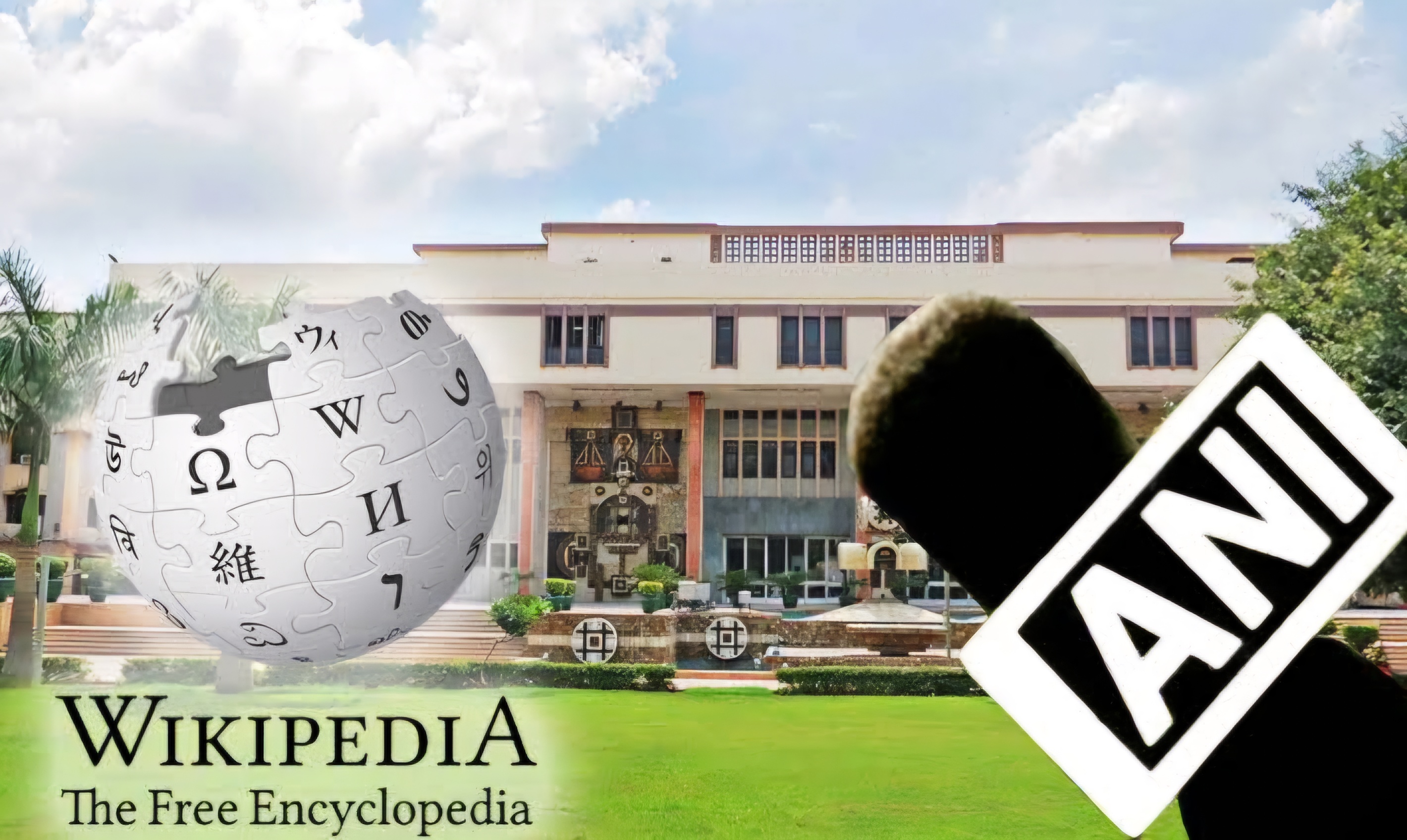


The continuous legal fight between Asian News International (ANI) and Wikipedia brings into center vital questions with respect to online defamation, platform responsibility, and the boundaries of anonymity within the advanced world. ANI, a noticeable Indian news office, recorded a maligning suit against Wikipedia after alters made to its Wikipedia page purportedly depicted the organization as a purposeful publicity apparatus for the Indian government. ANI fights that these alters have harmed its validity and notoriety, inciting the news office to look for not as it were the expulsion of the defamatory substance but moreover money related stipend.
At the heart of the debate is the refusal of Wikipedia to disclose the characters of the people who altered ANI's page. Wikipedia, which prides itself on the collaborative nature of its stage and the namelessness it offers to supporters, contends that the rule of client namelessness is basic to its work as a unbiased, open-source data store. In any case, the Delhi High Court has taken a strict position, caution that Wikipedia may confront blocking in India in case it falls flat to comply with the court's arrange to uncover the personalities of the editors mindful for the purportedly defamatory changes.
What is at stake in this legal battle goes beyond the reputations of ANI and the individuals involved. It raises important considerations regarding internet platforms' obligations for ensuring the accuracy of the material they host. In the instance of Wikipedia, the issue raises questions about the boundaries of user-generated material and how platforms should be held accountable for the acts of anonymous authors.
For ANI, the dispute is about maintaining its journalistic integrity and reputation, but for Wikipedia, it is about upholding the platform's fundamental values. The outcome of this case may create a precedent for how defamation laws are applied to collaborative internet platforms and the extent to which they are required to assist with legal authorities.
TAGS: ANI Wikipedia defamation Delhi High Court online platforms user anonymity digital accountability collaborative content reputation media law.